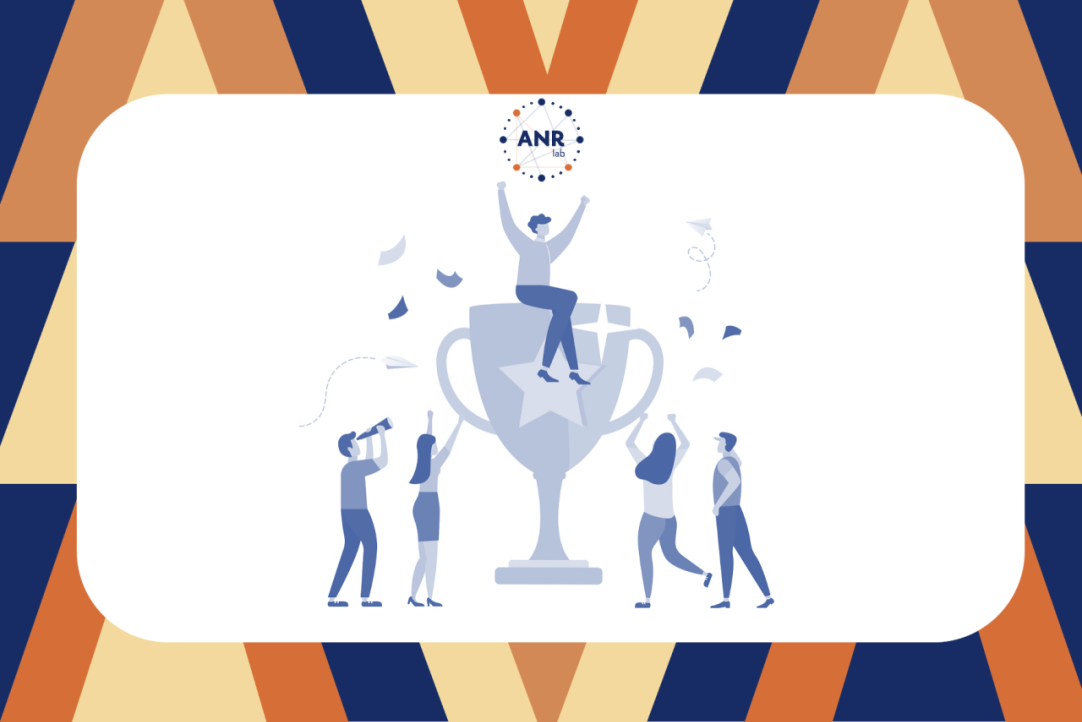Our colleagues are the winners of the Student research paper competition 2024

The student research paper competition is held annually in 25 areas. The first student research paper competition at the Higher School of Economics was held in 2003, when it was only aimed at HSE students. But by 2016, students from other universities began to take part in it.
In 2024, ANR-Lab research research assistant Daria Osokina and intern Polina Ermolaeva became winners of the competition for the best student research paper of 2024, taking 2nd and 3rd places, respectively, in the nomination "Best research paper in sociology for master's students and graduates of 2024".
In her study 'Adaptation of gender contracts against the background of the SVO: families of the mobilized', Daria Osokina (supervisor - Rozhdestvenskaya E.Yu.) studied the adaptation of gender contracts in the families of those mobilized in connection with the special military operation (SVO). The aim of the study was to understand how exactly gender contracts are adapted in the official discourse and in the everyday practices of the wives of mobilized soldiers, which reflects the processes of militarization of society. Daria applied a multi-method qualitative research design, consistently using narrative biographical analysis of interviews with the wives of SVO participants and critical discourse analysis of the family policy of the Russian Federation and thematic online communities of the wives of mobilized soldiers to overcome the methodological limitations of conducting research in the social context of active hostilities.
Polina Ermolaeva (supervised by V.A. Ivanyushina) in her work 'Interethnic Relationships in Russian Schools: Comparison of Classes with Different Ethnic Composition' studied interethnic relations in schools in Novosibirsk and St. Petersburg. Using exponential random graph modeling (ERGM) for communication networks in 97 classes, Polina's work examines how the ethnic composition of a class, measured by the proportion of ethnic minority students in it, is associated with the ethnic homophily of students from the ethnic majority and minority groups. The results show that both ethnic minority and ethnic majority students prefer to form connections with peers of the same ethnicity. Interestingly, although the proportion of ethnic minority students is nonlinearly related to ethnic minority homophily, no significant effect was observed for ethnic majority homophily.
Research work is a good opportunity to get an expert assessment of your research work, recognition in the scientific community, and also take the first steps in an academic career.
We congratulate our colleagues on their achievements and wish them further success in their scientific work!
